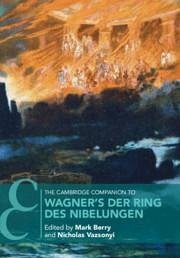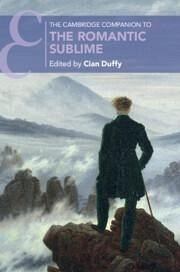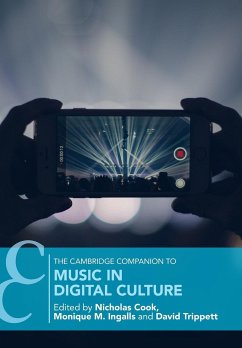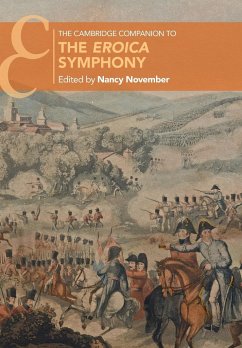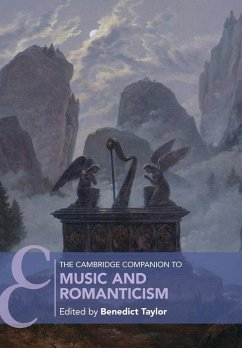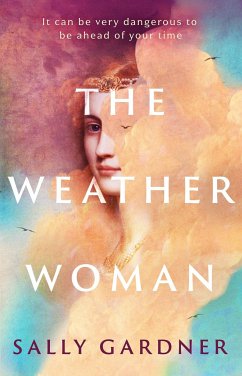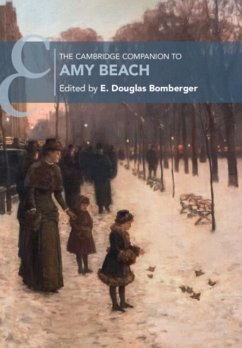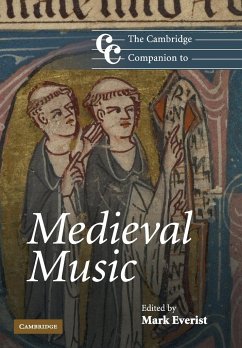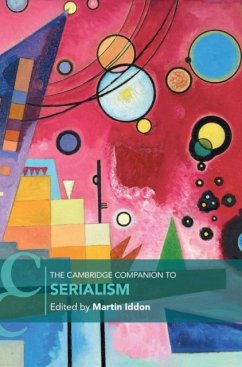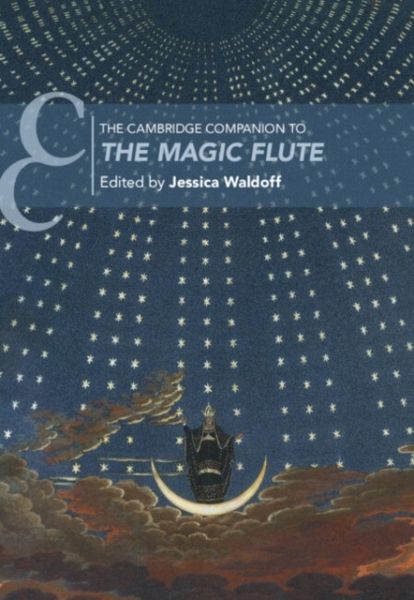
The Cambridge Companion to The Magic Flute
Versandkostenfrei!
Versandfertig in über 4 Wochen
81,99 €
inkl. MwSt.
Weitere Ausgaben:

PAYBACK Punkte
41 °P sammeln!
Premiered in 1791, The Magic Flute remains Mozart's most-performed opera worldwide. This Companion covers historical context, musical analysis, critical approaches and reception history, and engages with current debates including the representation of gender, race and exoticism. It provides an essential framework for understanding the opera today.






